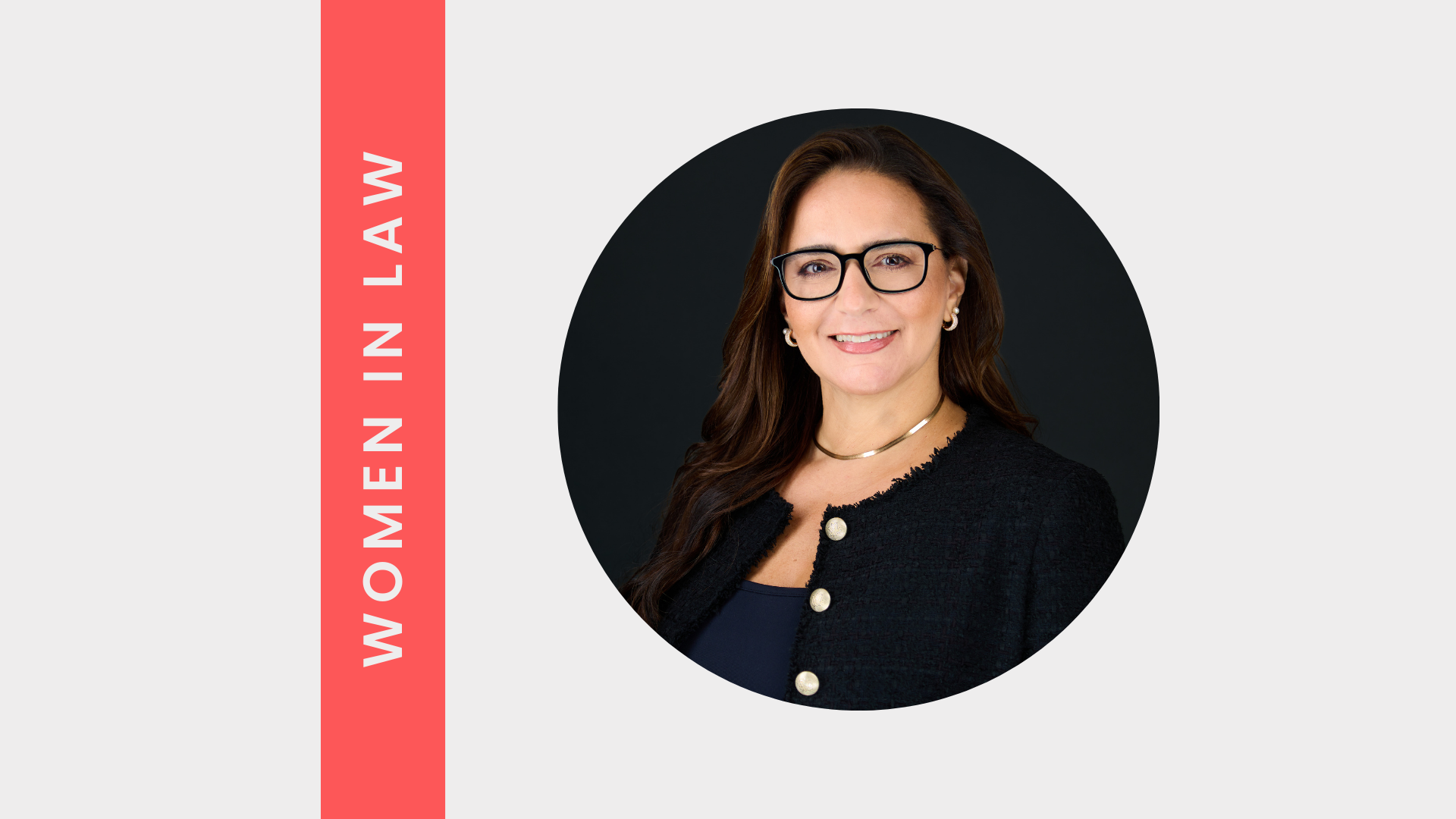Intelligent things to ask your prospective employer in the first interview
Towards the end of your interview you’re likely to hear one final question:
“Do you have any questions for me/us?”
Considering you’re the one being interviewed this can easily throw you off, if you’re not prepared.
It’s unlikely that you’ll have got all the information you need throughout the interview, so here are three areas you may want to probe them on, and some example questions you could ask:
The role:
What sort of training do you provide?
This may be dependent on the role, as they may require someone to come in and act instinctively. Likely to also have been covered, but just in case, don’t be afraid to ask.
Is this a newly formed position, or would I be replacing someone? If the latter, why did the last person leave?
Within this initial question we can find out why exactly it is the role has been created. Your skills/experience might match the job description, but why they require someone may not have been explained.
If the position is an old one, you can get further insight as to why the last employee left. Were they fired (what do you need to do to avoid this), did they retire (decent judge for the age of your team), did they quit (unhappy with the role, why?) or were they promoted (highlights a possible chance at advancement)?
What are the next steps after this interview?
This shows you’re interested in progressing further, and will help you prepare for what’s next. For example, if they want you to take some type of test, it gives you extra time to prepare! (It may also help you to judge how many other candidates are running for the position.)
The culture and environment:
Can you tell me about the people I’ll be working with?
This will help you gauge a number of things: if you’ll be working in a quiet or lively environment, how big the team is, what types of roles they are etc. It gives you a good idea of the sort of people you’ll be interacting with daily, and it’s phrased in such a way that assumes you will get the job.
What do you enjoy most about working here?
This is a good one for putting the interviewer on the spot, as it addresses them directly. If they struggle with this one, then it doesn’t exactly paint the company in a good light! On the other hand, they might portray the company positively, and in such a way you weren’t aware of.
Yourself:
By this we mean questions that allow you to highlight your knowledge further or gauge how the interviewer has found you.
What would your ideal candidate look like?
A delicate question to ask, but a real show stopper if you present it confidently enough. If the interviewer is willing to answer, then it allows you to assess how well you’ve answered the questions. It’s a great way of getting immediate feedback.
Where do you see the company this time next year (or some other time frame)?
A great one to ask if you know the company is planning some major change. Allows you to show off your research. Alternatively you could ask, “what are your priorities for the team over the next year”?
In summary, it’s important to put thought into which questions you’re going to ask before the interview. There’s no harm in over-preparing, and having a longer list – many of them will likely be answered throughout the interview. That way you won’t be left with nothing to ask when you hear that final question: “Do you have any questions for me/us?”
New Paragraph
Our latest insights







